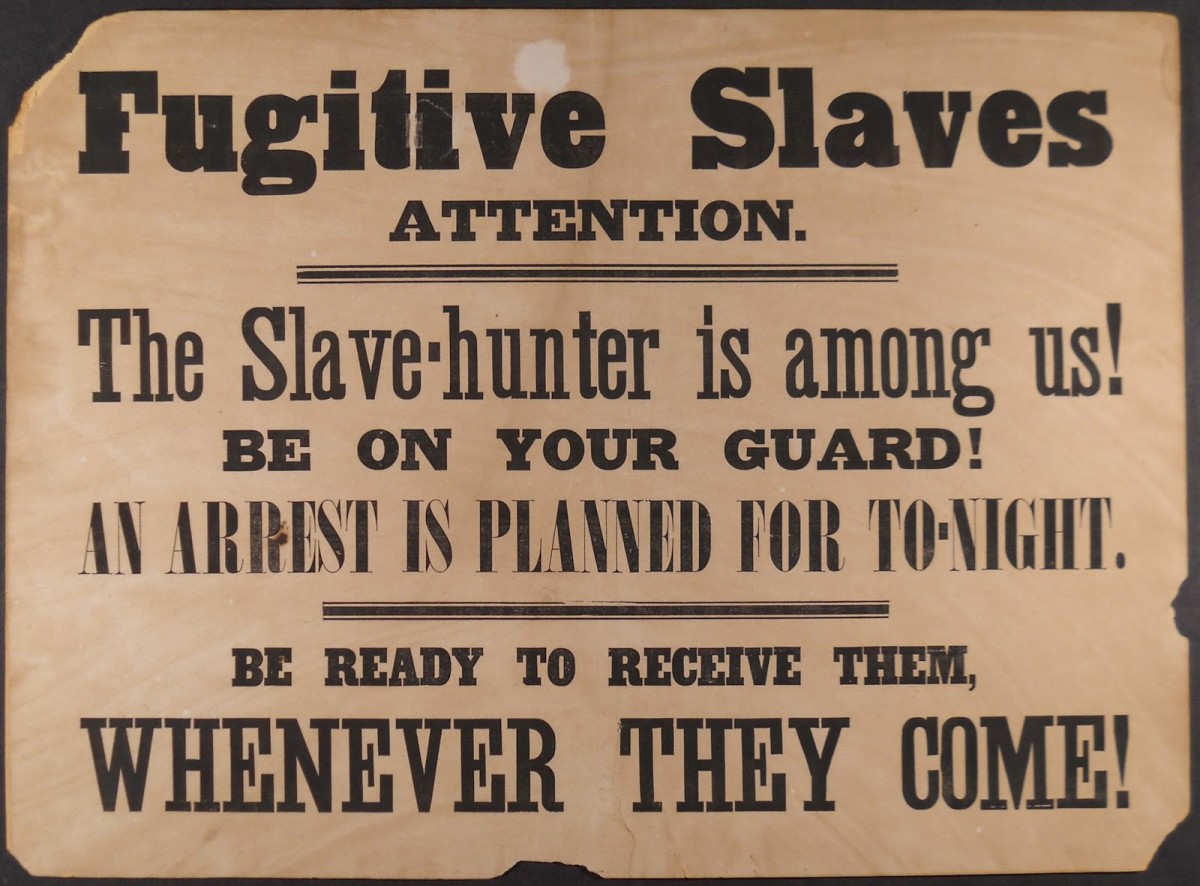- cross-posted to:
- workingclasscalendar
stahmaxffcqankienulh.supabase.co
- cross-posted to:
- workingclasscalendar
Fugitive Slave Act (1793)
Mon Feb 04, 1793

The Fugitive Slave Act, passed on this day in 1793, was a federal law that guaranteed the right of a slaver to recover an escaped enslaved person and acquire their children as property.
Founding U.S. President George Washington used the Fugitive Slave Act twice to try and kidnap a 19 year old woman who escaped his bondage, Oney Judge. According to an 1845 article from The Liberator, first Washington sent a man by the name of Bassett to persuade her to return. They told her they would set her free when she arrived at Mount Vernon, to which she replied “I am free now, and choose to remain so.”
Bassett would be sent a second time by Washington, with orders to bring her and her infant child by force. New Hampshire Governor John Langdon entertained Bassett while sending word to Judge to flee before midnight. In this way, she successfully evaded Bassett. Washington died soon after, and no subsequent attempts were made to kidnap Judge or her family.
Oney later gave an interview in the 1840s, stating that, even fifty years after escaping bondage, she and her child could still be claimed as the legal property of Washington’s descendants due to the Fugitive Slave Act. The law also resulted in many black people who had never been enslaved illegally claimed as such, kidnapped, and sold into slavery.
On June 28th, 1864, the Fugitive Slave Act of 1793, alongside a similar law in 1850, were repealed by an act of Congress.
- Date: 1793-02-04
- Learn More: en.wikipedia.org, www.history.com, encyclopediavirginia.org.
- Source: www.apeoplescalendar.org

